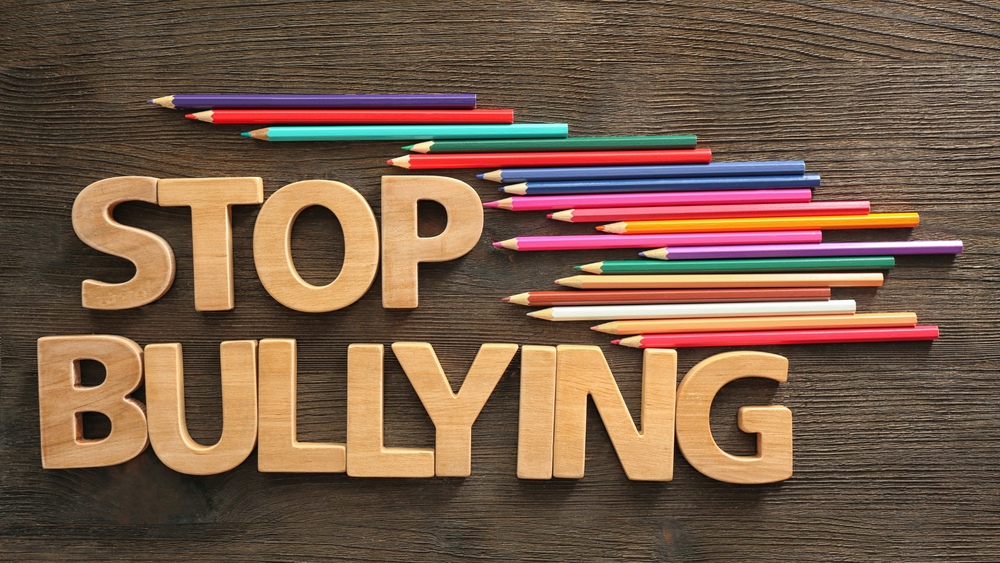Bullying is more than teasing—it’s repeated, intentional behavior where one child uses power to hurt, threaten, or exclude another. It can happen in person (name-calling, hitting, leaving someone out) or online (texts, social media, or gaming).
Bullying isn’t “just kids being kids.” It can lead to anxiety, depression, school avoidance, and low self-esteem. Kids who bully also face risks in their future relationships and behavior.
Warning Signs
Your child may be bullied if they:
Avoid school or certain social situations
Come home with damaged or lost items
Show mood changes, sleep problems, or frequent headaches/stomachaches
Your child may be bullying others if they:
Use aggressive or controlling behavior
Dismiss the harm they cause
Struggle with rules or empathy
What Families Can Do
Listen and reassure – Let your child know it’s not their fault.
Partner with the school – Share concerns and ask about next steps.
Teach coping skills – Role-play safe responses and encourage positive friendships.
Model kindness – Children learn how to treat others by watching adults.
📚 Book suggestions to read together: The Recess Queen, Stick and Stone, Spaghetti in a Hot Dog Bun, We’re All Wonders
GES GROW Pledge in Action
Give our best effort – Be our best selves in how we treat others.
Respect our school, ourselves, and others – Respect is the opposite of bullying.
Are Optimistic about the future – Believe problems can be solved and kindness can grow.
Are Welcoming to all – Include and support every student to create a safe school community.
Resources for Families
Websites for Parents:
Website for Kids:
Need Support? Contact Our School Counseling Team:
Mrs. Bland – cbland@glnd.k12.va.us
Mrs. Graham – egraham@glnd.k12.va.us
Safety and Reporting
At GES, every student’s safety is important. Anyone can report safety or bullying concerns anonymously at any time using the SafeSchools Alert system: https://www.goochlandschools.org/page/safeschools-alert.
Bullying is serious—but families, schools, and students can work together to prevent it. By practicing the GES GROW Pledge, staying alert, and using available resources, we can help every child feel safe, supported, and valued.

